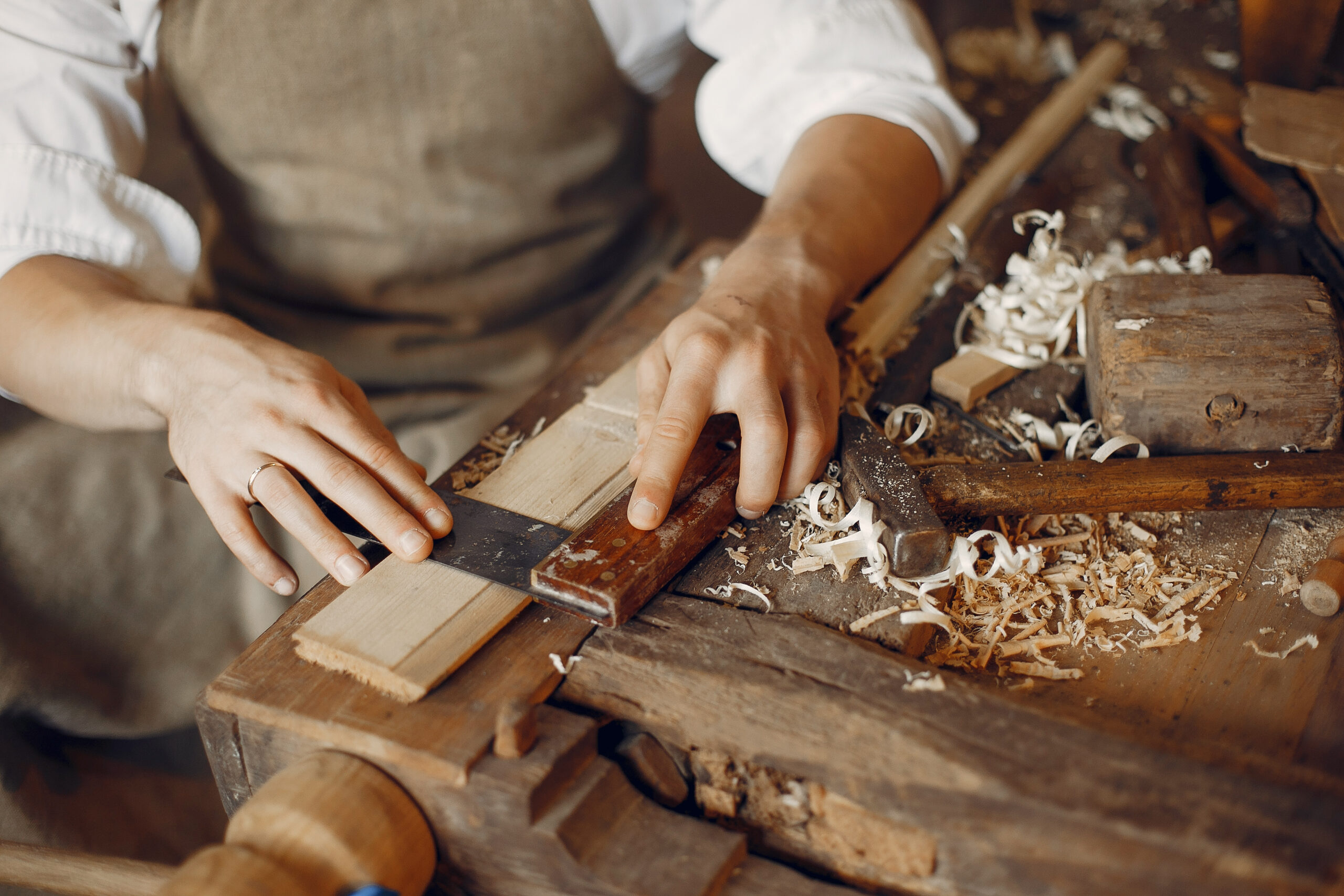
The reality of artisans in Ireland has evolved over time, but historically, artisans were skilled craftspeople who worked in various trades such as metalworking, carpentry, weaving, pottery, and others. They typically operated as small independent businesses, producing goods for local consumption or trade.
During the medieval period, artisans played a vital role in Irish society. They produced goods such as weapons, textiles, and pottery, and their skills were highly valued. However, with the advent of industrialization in the 19th century, many traditional crafts were replaced by factory-produced goods, and the role of artisans declined.
In the early 20th century, there was a renewed interest in traditional Irish crafts, and the Arts and Crafts movement gained popularity. This led to a revival of interest in traditional crafts and the establishment of organizations such as the Irish Craft Council to support and promote artisanal businesses.
Today, artisanal businesses continue to operate in Ireland, producing a wide range of goods such as pottery, textiles, jewellery, and food products. Many of these businesses operate on a small scale and rely on local markets, while others have expanded to cater to a global market.
The reality for modern-day artisans in Ireland can be challenging, with issues such as competition from mass-produced goods, access to funding, and the cost of raw materials. However, there is also a growing appreciation for handmade goods and a desire for more sustainable and ethically produced products, which has created new opportunities for artisans.
The reality for artisans in Ireland is one of both challenge and opportunity. While the market for traditional crafts may be limited, there is a growing demand for unique and authentic goods that are produced with care and attention to detail.
Entering a new era in arts & crafts, EDICRA Erasmus+ project looks forwad to develop a methodology and training program for the incorporation of young people into the world of crafts by including digitization and immersion in rural areas as learning vehicles.
To learn more about the opportunities that EDICRA project gives to artisans, please visit our website: https://proyectoedicra.com/
Sources:
https://www.artscouncil.ie/uploadedFiles/LWCA_Study_-_Final_2010.pdf


 Next Post
Next Post